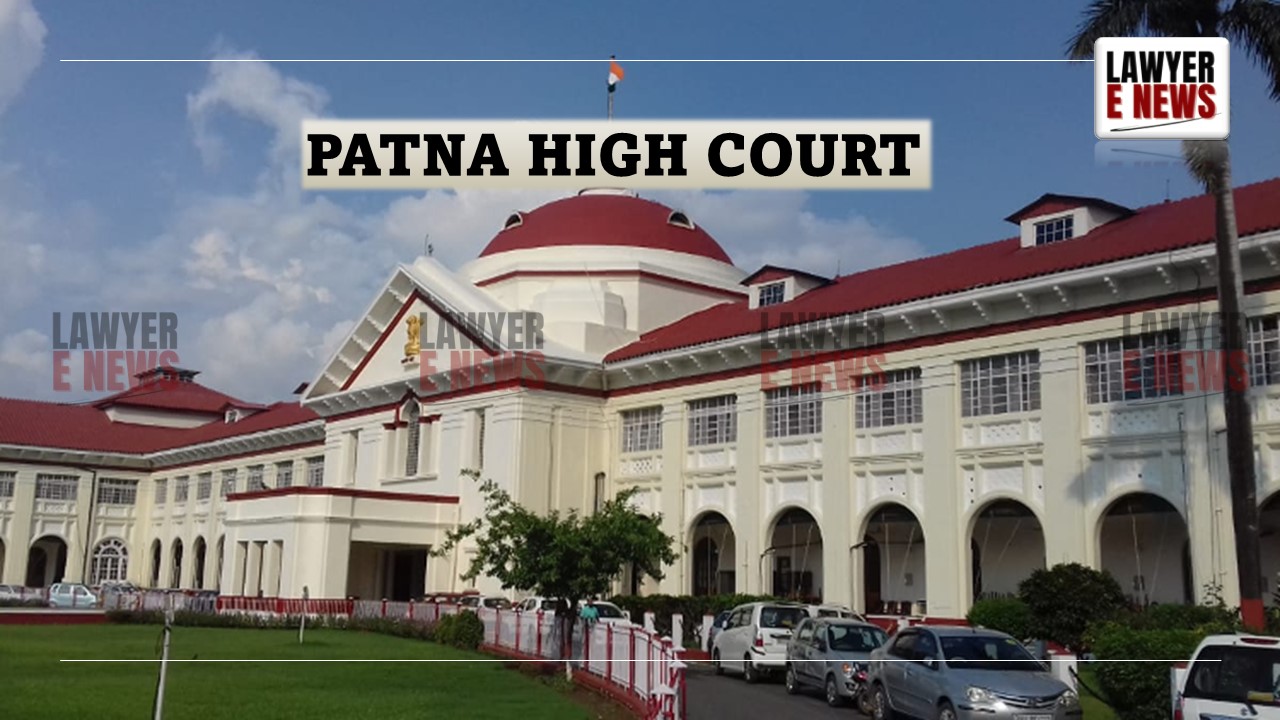-
by Admin
15 February 2026 5:35 AM



In a significant judgment, the Patna High Court has partially enhanced the compensation in a motor accident case, revising the awarded sum from ₹5,21,000 to ₹5,38,300. The decision, delivered by Justice Sunil Dutta Mishra on September 6, 2024, addressed an appeal filed under Section 173 of the Motor Vehicles Act, 1988, wherein the appellant, Sunita Devi, sought higher compensation for the death of her son in a road accident involving a TATA truck. The court emphasized the need for proper assessment of notional income, future prospects, and compensation under conventional heads in light of recent Supreme Court precedents.
The tragic incident occurred on June 18, 2013, when Kanhaiya, the appellant's 23-year-old son, was fatally struck by a TATA truck (registration No. DL-01LM-2784) at Good Year Chowk, Faridabad, due to negligent driving. Despite emergency medical treatment, he succumbed to his injuries. An FIR was registered against the driver, and Sunita Devi filed a claim for compensation, asserting that her son was earning ₹6,200 per month from his job at Super Auto Company, and was the sole breadwinner for their family.
The Motor Vehicle Claims Tribunal, Munger, awarded ₹5,21,000 as compensation, based on the deceased’s notional income of ₹3,000 per month. However, Sunita Devi appealed, arguing that the Tribunal underestimated the notional income and incorrectly calculated the compensation, particularly regarding deductions for personal expenses and conventional damages.
The court addressed the challenge raised by the appellant regarding the notional income assessed by the Tribunal. It noted that although there was no documentary proof of Kanhaiya’s exact income, the Tribunal's estimate of ₹3,000 per month was reasonable based on the circumstances. The High Court declined to interfere with this finding, observing: "Assessment of compensation cannot be done with mathematical precision."
Justice Sunil Dutta Mishra applied the principle laid down in National Insurance Co. Ltd. vs. Pranay Sethi & Ors. (2017), which mandates an addition of 40% of the notional income for future prospects in cases where the deceased was below 40 years. This adjustment increased the total annual income for the purpose of calculating compensation to ₹25,200 per annum.
The appellant contested the 50% deduction towards personal expenses made by the Tribunal, suggesting that it should have been 1/3rd given that the deceased’s mother and brother were dependent on him. The court, however, upheld the 50% deduction, citing established legal principles in similar cases.
Compensation Under Conventional Heads: Referring to judgments such as Magma General Insurance Co. Ltd. vs. Nanu Ram (2018) and United India Insurance Co. vs. Satinder Kaur (2021), the court awarded revised amounts under various conventional heads:
₹18,150 for loss of estate,
₹48,400 for loss of filial consortium, and
₹18,150 for funeral expenses.
The court followed the structured formula laid down by the Supreme Court in the Pranay Sethi and Sarla Verma cases for calculating compensation under the Motor Vehicles Act. It reaffirmed the importance of applying multipliers and future prospects based on the age of the deceased, while ensuring that the compensation under conventional heads is reasonable and just.
The High Court’s decision to partially enhance the compensation to ₹5,38,300 reflects a careful balance of legal principles and the factual circumstances of the case. This judgment underscores the importance of proper application of notional income and future prospects when awarding compensation under the Motor Vehicles Act. The revised compensation includes interest at the rate of 7.5% per annum from the date of filing the claim. The judgment is expected to serve as a reference in future motor accident compensation cases, especially where there is a lack of direct proof of income.
Date of Decision: September 6, 2024
Sunita Devi vs. Harindra Kumar & Ors.,
